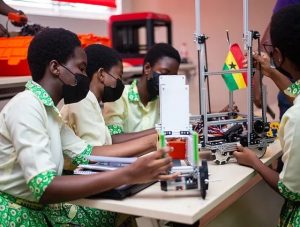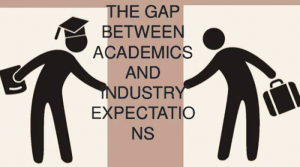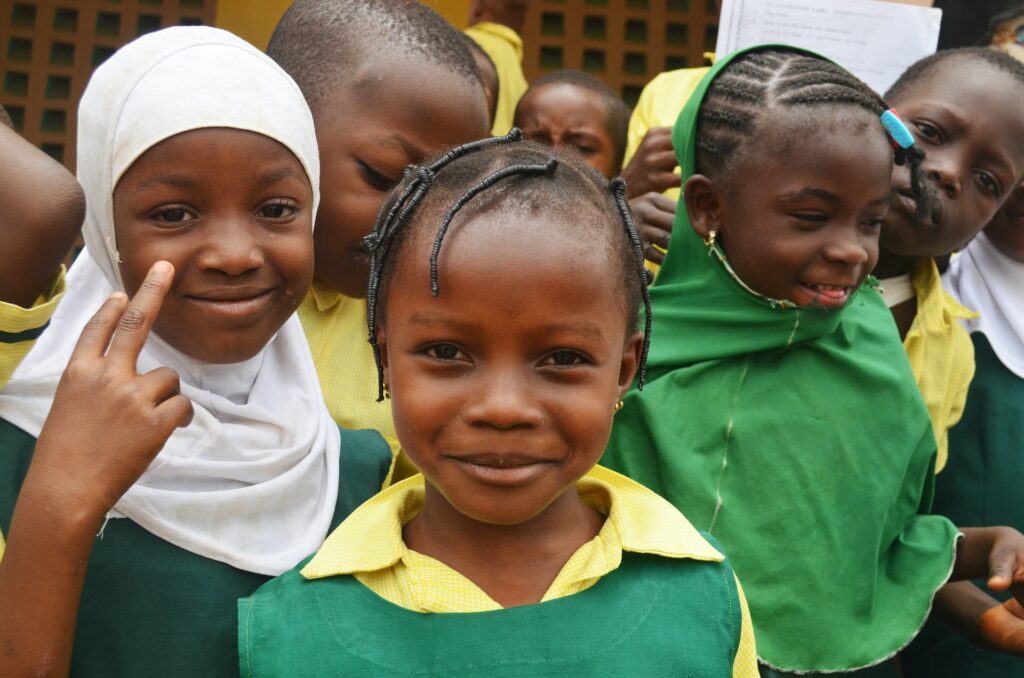Ghana’s educational system has undergone significant transformations in the last ten years. In this review, we will examine the significant changes and challenges that the Ghanaian education system has experienced in the past ten years. some of the successes and challenges are further discussed here.
Background
Ghana’s education system is based on a 6-3-4 structure, which comprises six years of primary school education, three years of junior high school, and four years of senior high school. The education system has faced numerous challenges in the past, including inadequate funding, inadequate infrastructure, and teacher shortages. In the last decade, the Ghanaian government has made significant efforts to address these challenges and improve the education system’s overall quality.
Successes:
Expansion of Access to Education
Over the past ten years, the Ghanaian government has made an enormous effort to increase access to education. The introduction of the Free Senior High School (SHS) policy in 2017 has been one of the major measures. All secondary pupils are eligible for free education under this provision. The Free SHS policy has been recognized as a significant step in enhancing access to education in Ghana. It has increased enrolment rates and lessened the financial burden on families.
FREE SHS: A POLICY THAT HAS IMPROVED ACCESS TO EDUCATION
The government has worked very hard to improve access to education, especially for females. More schools have been built by the government, and there are now more scholarships and bursaries available for female students. The gender gap in education has decreased as more girls are enrolled in schools.
In addition, to increase access to education, the government has also made investments in infrastructural development including the construction of new classroom blocks, dormitories, and laboratories. To improve the learning settings for pupils, the government has renovated and established new schools. To raise the standard of education, the government has also given schools resources like textbooks and instructional materials.
Expansion of the school feeding program
Another significant success is the expansion of the school feeding program, which aims to provide nutritious meals to pupils in public schools. The program has increased school attendance and improved the academic performance of pupils.
Improving the Quality of Education
The government of Ghana has also made significant efforts to improve the quality of education over the last ten years. One of the key initiatives has been the implementation of the National Education Assessment (NEA) program. The NEA program is a comprehensive assessment of the quality of education in Ghana. The program assesses students’ academic performance in core subjects such as English, mathematics, and science. The results of the NEA program have been used to identify areas where improvements are needed in the education system.
In addition to the NEA program, the government has also focused on teacher training and development. The government has provided training for teachers to improve their teaching skills and has also provided resources such as textbooks and teaching materials to support their work.
Investment in Science, Technology, Engineering, and Mathematics (STEM) Education
Investment in STEM (science, technology, engineering, and math) education. The significance of STEM education for Ghana’s development has been acknowledged by the government. The government has significantly increased its expenditure on STEM education over the previous ten years in order to achieve this goal. In order to encourage the teaching and comprehension of science, the government has built science centers across the nation. The government has also provided resources such as laboratory equipment and teaching materials to support STEM education.
In order to encourage STEM education and learning, the government also founded the Ghana STEM Network. The network brings together educators, policymakers, and industry leaders to promote STEM education in Ghana.
Empowering Students Through Stem Education
Introduction of the Computerized School Selection and Placement System (CSSPS) The placement process for senior high schools has become more effective since the CSSPS was introduced in 2005. The placement process was frequently delayed prior to the implementation of CSSPS because students had to travel great distances to submit their applications. Due to the implementation of the CSSPS, these difficulties are no longer present, and students are now assigned to schools based on their academic standing and preferences. Introduction of the National Service Scheme for teachers
The introduction of the National Service Scheme for teachers in 2010 has aided newly qualified teachers gain practical experience in teaching. Teachers have gained the necessary skills to manage classrooms effectively through this scheme and this has helped improve the quality of education. It has also helped to reduce the shortage of qualified teachers in schools.
Challenges Facing the Education Sector:
Quality of education
Although the government has made significant efforts to improve the quality of education, there is still a long way to go. The system places too much emphasis on rote learning, which does not develop critical thinking skills, creativity, and innovation. The education system also lacks practical skills training, which is essential in the current job market. Graduates from the education system lack the skills needed to succeed in the job market.
Shortage of teachers
Although the government has provided training for teachers, there is still a shortage of qualified teachers especially in rural areas. Poor teaching practices are caused by the fact that many rural teachers have insufficient training and opportunity for professional growth. Furthermore, there is a serious problem with teacher absenteeism, as some of them fail to show up for work on a regular basis. Some schools are now forced to use inexperienced teachers to instruct students as a result of this.
Gap between educational system and job market
A great challenge in the transitioning of a graduate to the job market
Many graduates cannot find their foot in the workplace because of their education. The world of work is changing rapidly, and it is important for the education system to adapt to these changes hence the need for the government to focus on preparing students for the job market. The government should focus on promoting digital literacy and providing students with the skills they need to succeed in the 21st century workplace.
Education Equity
Although significant progress has been made in expanding access to education, there are still disparities in access to education based on gender, location, and socioeconomic status. It is important for the government to address these disparities and ensure that all students have access to quality education.
Inadequate funding of the education sector Despite the government’s efforts to increase funding for education, the sector’s allocation is still below the recommended 20% of the national budget. This inadequate funding has led to a shortage of textbooks, teaching materials, and inadequate teacher remuneration.
High levels of school dropouts
Ghana still faces high levels of school dropouts, particularly in rural areas due to a lack of finances. Many families cannot afford to pay for school fees, uniforms, and other basic needs due to poverty therefore the children drop out of school. Early marriages and teenage pregnancies are also common reasons why children drop out of school.
Inadequate infrastructure
Ghana’s education infrastructure is inadequate, particularly in rural areas. It is challenging for students to receive a high-quality education in many schools due to a lack of adequate classrooms, libraries, and laboratories. Also, overcrowding in some schools has also been a result of inadequate infrastructure. As a result, teachers are unable to give each pupil their undivided attention, which lowers the quality of teaching.
Low teacher motivation
Many teachers in Ghana are demotivated due to low salaries, inadequate resources, and poor working conditions. This has led to high levels of teacher absenteeism as well as having teachers who lack the motivation to improve their teaching skills or to provide quality education to their students.
In conclusion, Ghana’s educational adventure in the last ten years has been characterized by significant progress, but there are still challenges that need to be addressed. The government should continue to prioritize education and invest in the sector to ensure that all students have access to quality education and are prepared for the future of work.





